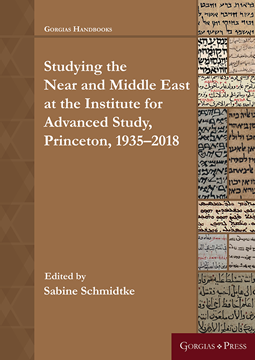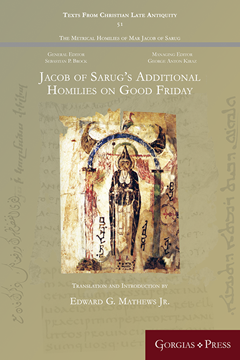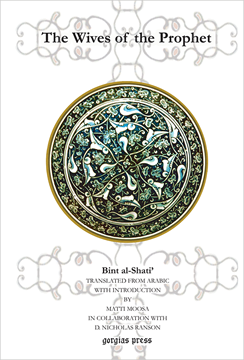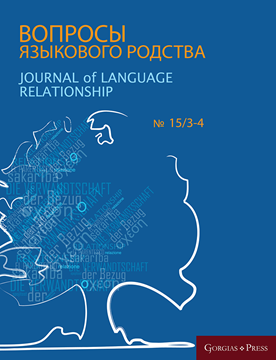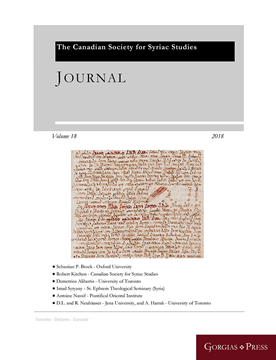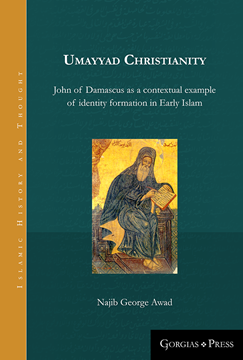Studying the Near and Middle East at the Institute for Advanced Study, Princeton, 1935–2018
Edited by Sabine Schmidtke
Series: Gorgias Handbooks 40
ISBN: 978-1-4632-0750-2
The history of Near and Middle Eastern Studies at the Institute for Advanced Study dates back to 1935, and it is the one area of scholarship that has been continuously represented at the Institute ever since. The volume opens with a historical sketch of the study of the Near and Middle East at the Institute. The second part of the volume consists of essays and short studies by IAS scholars, past and present, covering fields such as the ancient Near East and early Islamic history, the Bible and the Qurʾān, Islamic intellectual history within and beyond denominational history, Arabic and other Semitic languages and literatures, Islamic religious and legal practices, law and society, the Islamic West, the Ottoman world, Iranian studies, the modern Middle East, and Islam in the West.
$248.00 (USD)
Jacob of Sarug's Additional Homilies on Good Friday
Translation and Introduction by Edward G Mathews Jr
Series: Texts from Christian Late Antiquity 51
ISBN: 978-1-4632-0752-6
Two homilies by Jacob of Sarug on Good Friday, one of which has only survived in Armenian translation.
$49.50 (USD)
The Wives of The Prophet
By Bint Al-Shati; Translation and Introduction by Matti Moosa
ISBN: 1-59333-398-6
An account of the family life of the Prophet Mohammad, concerning the noble ladies who lived in his house. The text gives an insight into the life of women in the beginning of the Islamic Era.
$78.00 (USD)
Journal of Language Relationship 15/3-4
Series: Journal of Language Relationship 15/3-4
ISBN: 978-1-4632-0754-0
The Journal of Language Relationship is an international periodical publication devoted to the issues of comparative linguistics and the history of the human language. The Journal contains articles written in English and Russian, as well as scientific reviews, discussions and reports from international linguistic conferences and seminars.
$72.00 (USD)
Journal of the Canadian Society for Syriac Studies 18
ISBN: 978-1-4632-0756-4
A refereed journal published annually by the Canadian Society for Syriac Studies.
$75.00 (USD)
Umayyad Christianity
John of Damascus as a contextual example of identity formation in Early Islam
Series: Islamic History and Thought 12
ISBN: 978-1-4632-0757-1
A study of the identity-formation process that the Christians of Syria-Palestine experienced during the Umayyad Caliphate. It approaches this subject by using John of Damascus and his writings on Islam as a case-study. This provides an exhaustive study of the available historical data in order to stimulate some further thought on John of Damascus’s theology and legacy from a contextual and intercultural methodology. Such an examination has not yet been pursued in the scholarship of Byzantine Christianity during that era. Proceeding from a centralizing ‘context’, the monograph revisits John of Damascus’s legacy (and the Umayyad Christians’ identity-formation of that era) from the perspective of his historical, Islamic-Arabic context, and not from any assumed, metanarrative, common to contemporary pro-Byzantine theology scholars.
$114.95 (USD)
